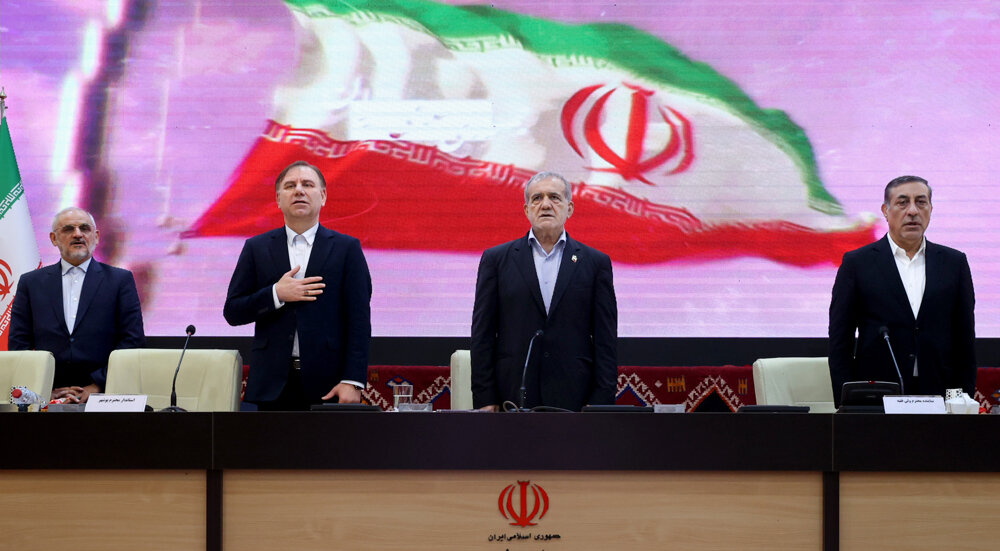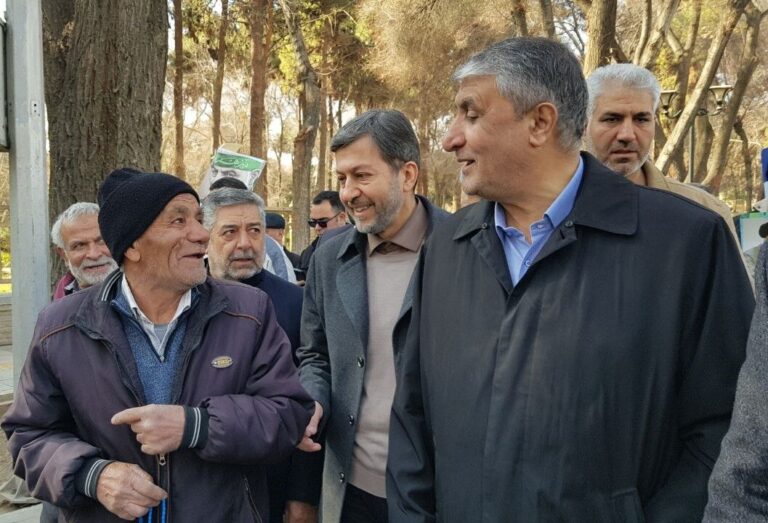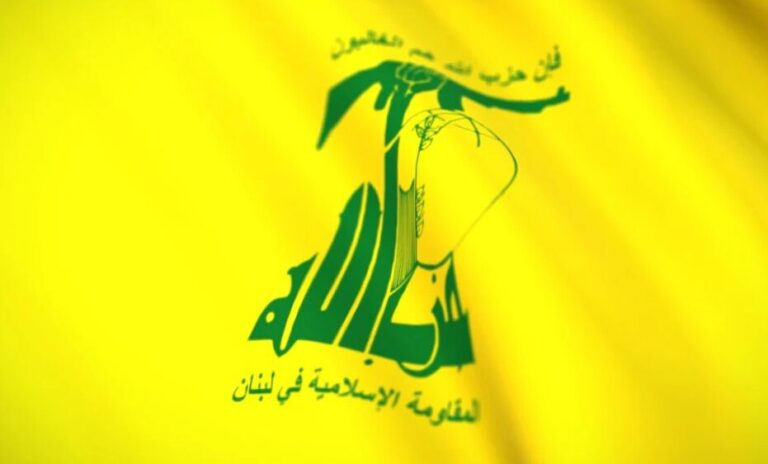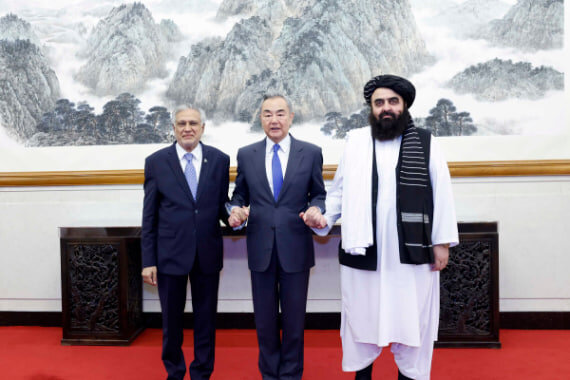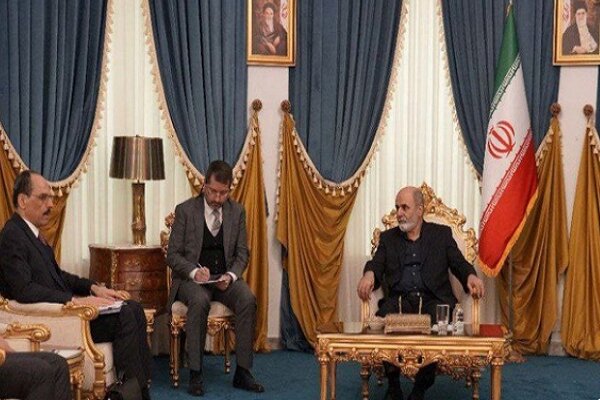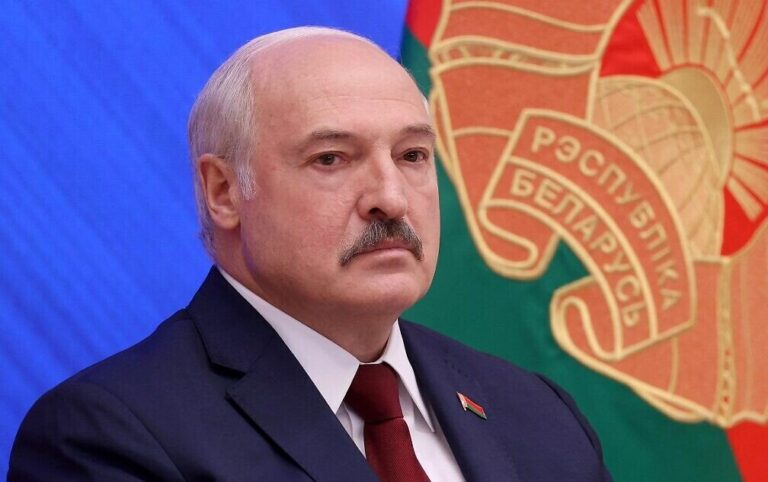Response Strategy: 1,000 New Nuclear Sites Planned if 100 Are Targeted by Enemies
The ongoing geopolitical tensions have led to significant discussions surrounding the sanctions imposed on Iran, particularly in light of the statements made by Iranian officials. In a recent meeting with intellectuals and elites in Bushehr, Iranian politician Pezeshkian emphasized the nation’s resilience against external pressures.
Pezeshkian stated, “The enemies want us to be humiliated before them with sanctions and threats but we will not be subjugated and we will solve our problems by relying on the people.” This assertion highlights Iran’s commitment to self-reliance amidst escalating sanctions.
Critiquing the United States’ inconsistent policies towards Iran, Pezeshkian pointed out the irony in President Donald Trump’s approach. While Trump expresses a desire for negotiations, he simultaneously imposes stringent sanctions on Iran. He remarked, “We do not want anyone to sanction us,” but further emphasized, “It is not that if the US imposes sanctions on us, we cannot do anything. We will run the country by reliance on domestic capabilities.”
This perspective underscores a crucial aspect of Iran’s strategy: the focus on harnessing internal resources to navigate challenges posed by international sanctions. Pezeshkian reiterated Iran’s longstanding policy of fostering peace and cooperation with all nations, stating, “We strive to establish cordial and friendly relations with our neighbors.” This sentiment reflects an openness to diplomacy, despite the adversarial climate.
In criticizing the U.S. stance, Pezeshkian highlighted the hypocrisy of Washington’s claims of willingness to engage in dialogue while simultaneously restricting essential resources, including medicine, for the Iranian populace. He stressed the importance of solidarity and proactive planning in addressing domestic issues.
On February 6, the United States enacted its initial round of sanctions against Iran, marking a renewed phase in the ongoing “maximum pressure” campaign initiated by Trump. This decision followed the president’s declaration of a willingness to revive negotiations, further complicating the diplomatic landscape.
During his visit to Bushehr, Pezeshkian made a bold statement regarding threats to Iran’s nuclear facilities, saying, “The enemy is threatening to hit our nuclear facility. Come and hit it, it is the brains of our ardent experts that built it. If you hit a hundred, our experts will build a thousand.” This declaration not only showcases Iran’s defiance but also its confidence in its scientific and technical capabilities.
In summary, the remarks made by Pezeshkian during the meeting with Bushehr’s intellectuals reflect a broader sentiment of resilience and determination within Iran. Key takeaways from his statements include:
- Resilience Against Sanctions: Iran is committed to overcoming challenges through domestic capabilities.
- Criticism of U.S. Policies: The U.S. is seen as contradictory in its approach to Iran, promoting negotiations while enforcing sanctions.
- Desire for Peaceful Relations: Iran seeks to foster amicable relations with neighboring countries.
- Importance of Solidarity: Unity and strategic planning are deemed essential for addressing internal issues.
- Confidence in Technological Progress: Iran’s commitment to its nuclear program is unwavering, showcasing its scientific prowess.
The ongoing dialogue surrounding Iran’s geopolitical situation remains crucial as the nation navigates a complex international landscape. The statements from Pezeshkian serve as a reminder of Iran’s strategic focus on self-reliance and its desire for constructive engagement with the global community.
As these developments continue to unfold, the international community will be watching closely to see how Iran balances its domestic priorities with external pressures. The resilience and determination expressed by Iranian leaders may shape the future of diplomatic relations in the region.
